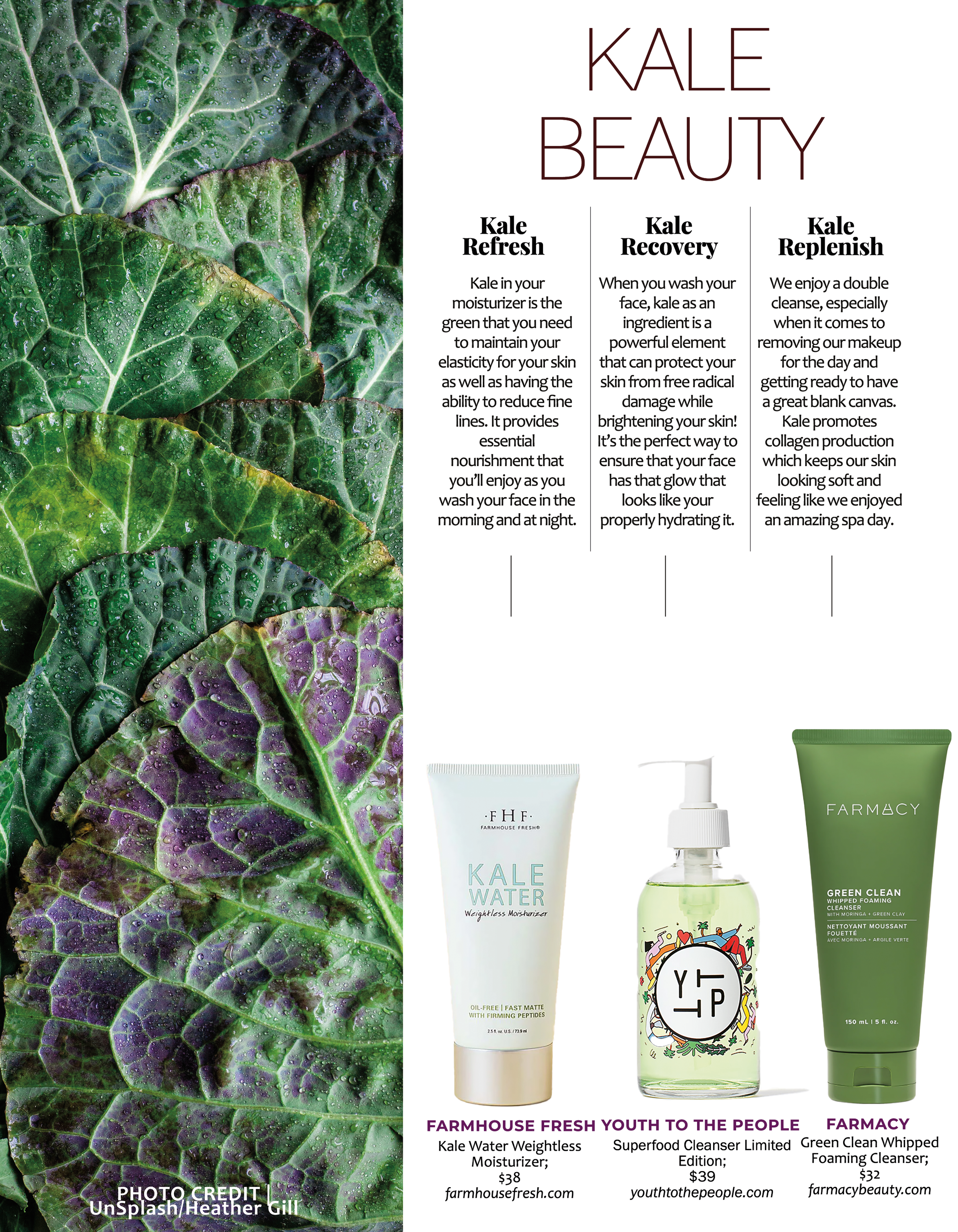Acne is a common concern of many people, especially teenagers. Basically, it’s a skin condition that occurs when hair follicles are clogged with dead skin cells and oil. It leads to pimples, whiteheads, and blackheads.
Although common among teenagers, it affects individuals regardless of their age. Depending on the severity, acne may scar the skin and cause emotional distress.
Luckily, there are many acne treatments available today. Plus, lifestyle changes like tweaking one’s diet and going on a detox program can make a difference in preventing acne. If you want to learn more about the detoxifying properties of substances and minerals like zeolite, don’t hesitate to visit their website.
However, before you choose or get started with any acne treatment, it’s wise to know what causes acne. This way, you can pinpoint which one is applicable to you and determine how to best address the issue.
1. Oil-Based Beauty Products
Not all skin care products are created equal. Moisturizing creams, makeup, hair products, and lotions contain mineral oil, sulfates, cocoa butter, coconut, and silicones that may end up blocking your pores.
That’s why you have to read the label of every beauty product you wish to use and settle for oil-free, non-acnegenic, non-comedogenic, and unscented ones. These products may minimize excess oil production, and they shouldn’t clog your pores. Just don’t forget to wash your face after using any skin care product and apply your preferred treatment for acne.
2. Hormonal Imbalance
Hormonal factors related to progesterone and estrogen are common when it comes to female acne, and these include changes in hormones because of menopause and pregnancy. Circumstances such as switching, stopping, or starting on birth control pills may also worsen or cause acne. After these types of changes, acne may even occur for several months.
3. Stress
Stress plays a big role in skin problems like acne, and it’s suspected that a hormone called cortisol is responsible for it.
Whenever you’re stressed, the adrenal gland will produce cortisol. Research suggests that hormones are produced locally in various kinds of skin cells and hair follicles. Even if it’s referred to as the ‘stress hormone,’ it’s actually an essential compound that helps regulate bodily processes, including neurological systems, digestive systems, and immune systems that affect your mood.
However, when you undergo chronic stress, cortisol may start working overtime. This can result in problems with other bodily processes and negatively impact the condition of your skin. Excess cortisol can create a favorable environment for acne, which thrives when bacteria is present.
4. Underlying Medical Condition
Acne may also be caused by undiagnosed medical conditions. For example, in women, a health condition known as a polycystic ovarian syndrome (PCOS) typically triggers difficult-to-control or chronic acne. In this case, it’s essential to consult a dermatologist who can perform an exam to identify the root cause of the issue more accurately.
5. Pressure On The Skin
Subjecting your face to repeated friction or frequently touching it may aggravate acne. Hoodies, cellphones, helmets, hats, tight collars, or even your hands can cause bacteria and sweat to get trapped in your skin and ultimately lead to acne.
6. Genetics
If one of your family members has dealt with or is dealing with acne, you might be predisposed to have it as well. The reason behind this is that certain characteristics of your skin, such as the visibility and size of your pores, are dictated by your genes.
Such genetic factors are out of your control, so it’s best to change your skin care regimen to give your skin a fighting chance. This means knowing the type of skin you have and using only skin care products that work for your unique circumstances. A seasoned dermatologist should be able to help you with such matters.
7. Unhealthy Diet
Even if it’s a myth that eating chocolate and greasy food can cause acne, there’s actually a link between acne and a high dairy/high glycemic diet based on recent research. So if you want to prevent acne, make sure you’re eating a healthy, balanced diet.
8. Pollution
You might not have considered the effects that the environment you’re in has on your skin, particularly the UV radiation, dust, and dirt you’re exposed to outdoors. Having a layer of grime on your face all day may increase your chances of getting clogged pores, so removing it through a consistent cleansing routine is recommended.
UV exposure can also increase your risk for premature signs of aging like dark spots and fine lines. Acne can also be caused by sun exposure since the skin compensates for dryness by producing excess oil. This is why it’s crucial to apply sunscreen daily to protect your face in general and prevent acne.
Conclusion
Now that you know the common causes of acne, the next thing you should do is to consult your doctor about the most suitable solution for you. Acne treatments may vary depending on the issue’s severity and type. If you’re considering certain medications or procedures, always talk to your doctor first about the benefits and risks of each and continue seeing a specialist until your skin improves.











